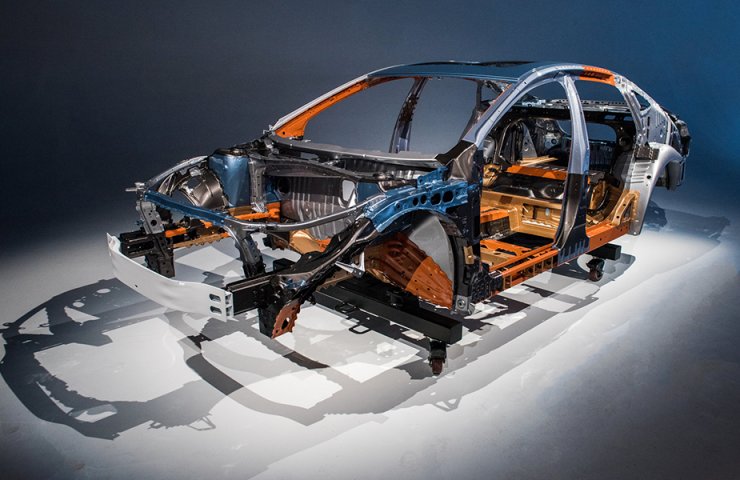As cars move more and more from gasoline to electricity, carmakers are looking to replace steel with lighter materials such as carbon fiber-reinforced polymers and aluminum.
But South Korean steel giant Posco believes there is still hope for steel. It aims to retain auto maker customers by offering lighter, stronger steels. The strategy is being driven by a high-tech marketing solution developed by its R&D center in Songdo, Incheon.
Engineers at Posco R&D Global Center, said they are working with battery manufacturers, aftermarket and OEMs to test the use of steel in vehicle parts using computer simulations. The simulation process can also be used to optimize manufacturing processes and reduce manufacturing costs. Various designs are underway to keep the material attractive in terms of strength and cost.
Research projects are critical to Posco's automotive business. The South Korean steel giant provides roughly 10 percent of the world's automotive steel. Posco sold 9.1 million metric tons of steel for auto parts in 2017. Despite the growing popularity of aluminum, the steel mill plans to sell 12 million tonnes of automotive steel by 2025.
"It is generally accepted that the mass of vehicles will decrease in order to use (heavier) batteries to move further and improve their energy efficiency by replacing steel parts with aluminum," said Lee Hong-woo, principal investigator of the Research Group on creating materials from Posco Research and Development House.
“Once the use of aluminum becomes popular, it will be difficult (for automakers) to go back to steel. Before that happens, we must take proactive action by developing ways to make the most of giga steel in future vehicles. ”
GIGA steel is an ultra-high tensile steel - strong enough to withstand a pressure of 100 kilograms per square millimeter or 1 gigapascal. In addition to being stronger, it has better formability than other steels, which means that it can be turned into a wider range of specific shapes.
Aluminum has better formability and is lighter than steel, but the material is not as strong as steel, Li said, highlighting the importance of passenger safety.
Lee's team's latest accomplishment includes a joint project with local auto parts maker Austem to develop suspension parts, in part with gigabels for electric vehicles. The resulting prototype suspension parts are 20 percent lighter than parts made using conventional steel and are stronger in rigidity.
“I think we have proven that the use of GIGA steel for electric vehicles is marketable. The one-year project satisfied the level of rigidity aimed at mass production of electric vehicles, ”Lee said, demonstrating a prototype suspension made from GIGA-grade steels. “We have presented a realistic result for customers looking for lighter yet stronger suspension parts. This also applies to conventional vehicles. ”
Lee's team has also worked on lightening battery cases for long-range electric vehicles that run over 400 kilometers on a single charge. Electric vehicles that travel 500-600 kilometers require heavier batteries.
The challenge for Posco engineers is to find a technological breakthrough in the development of lighter steel containers by using newly developed steel materials.
The project was carried out in conjunction with battery manufacturers and automakers, although the company declined to name customers. Posco said it is open to new projects aimed at providing customized products to automakers around the world, which will curtail their research efforts to produce lighter yet more durable vehicles for the future.




